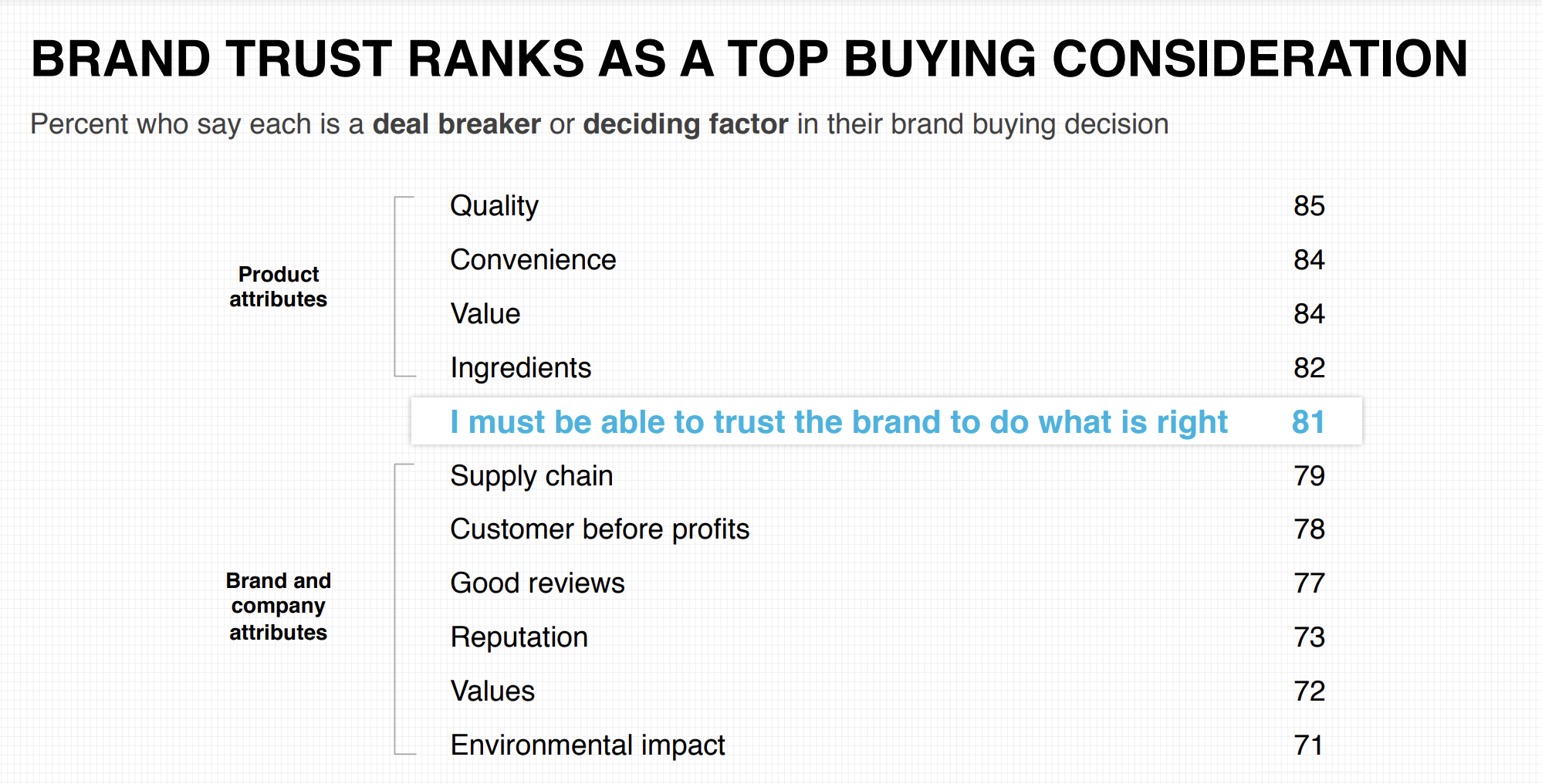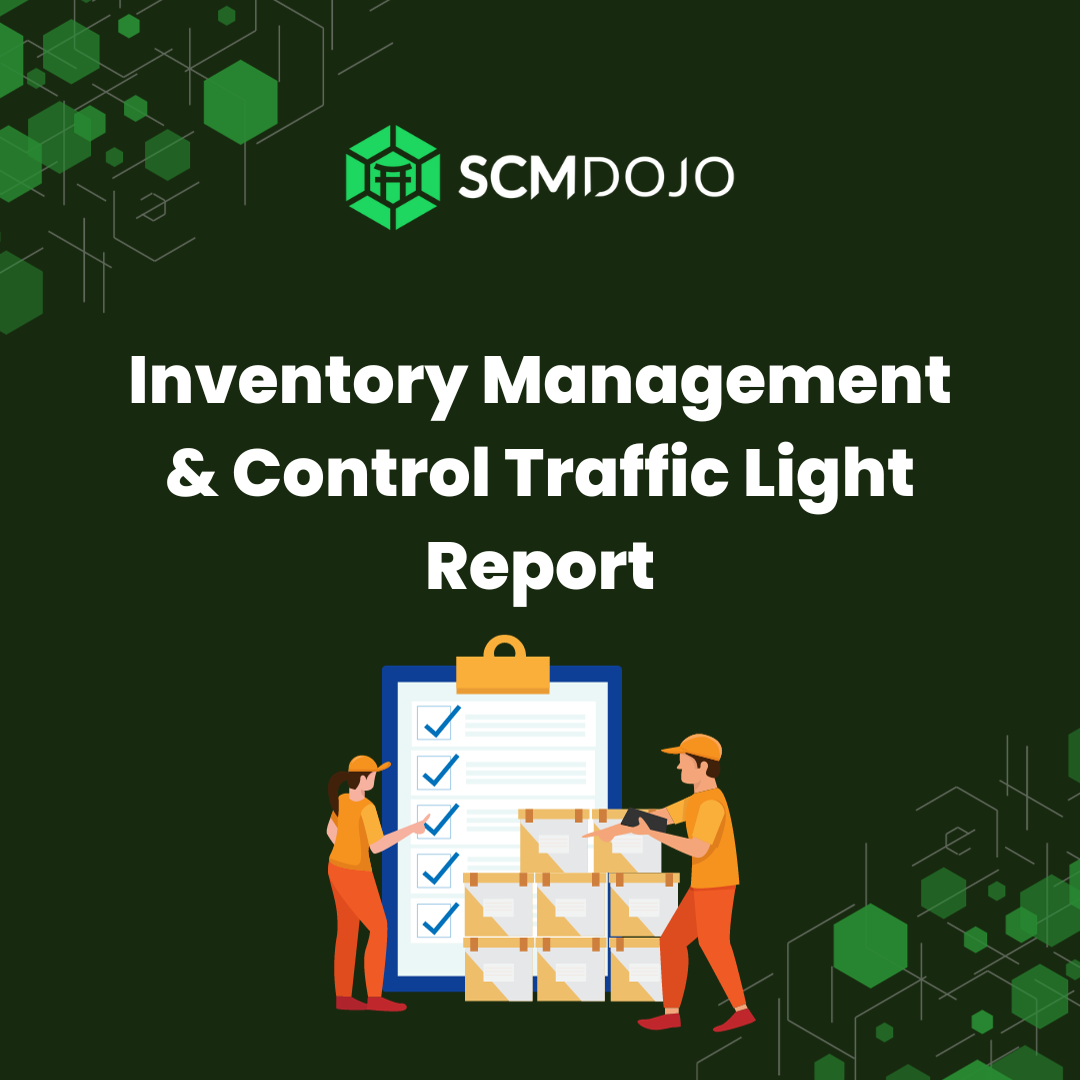At first, looking at this title, you might think – ha? How is marketing connected to my supply chain? But the truth is that more than you think. The supply chain of your business has many components. And marketing might be one of the most essential ones if you want to create a sustainable and successful company in the long run. That’s why you need to understand the relationship between supply chain and marketing and align them if you hope to maintain a competitive edge in the fast-paced world.
Naturally, there is a clear difference between a business that is able to create a dependable supply chain and one that is still struggling to get the basics right. In this post, we will explore what those differences are, how the supply chain is related to marketing, and why it affects your sales. But most importantly, we’ll check what you can do to get the outcomes you want.
Why Explore the Supply Chain and Marketing Connection?
Your marketing and supply chain strengths are some of the biggest indicators of your growth and revenue as a business, and there are numbers to back that up. 79% of companies that have a robust supply chain system go on to see more revenue growth, while only 8% of those with weak supply chains get to see an above-average growth. Just imagine never having enough inventory and constantly being out of stock.
Not only will this result in fewer sales, but it also leaves a bad customer experience in its wake, especially when supply chain issues are not a one-time thing. More often than not, customers will decide to go elsewhere, and they are likely to stick to those of your competitors who are able to provide a better value and experience for them.
On the other hand, it’s one thing to have the right product and another battle entirely to attract the right paying customers. According to Adsy, businesses that work with a reliable link-building service to improve their backlink profile see at least 40% more leads than companies that ignore this part of SEO. Add your supply chain to the mix, and you will be able to see higher customer satisfaction rates, retain more of them, and boost brand loyalty. And you’ll get all of this while seeing your business grow.
The Impact of Supply Chain in Marketing
Want to take your supply chain career to the next level? Then, you must be willing to understand the impact of the supply chain on marketing, a very powerful relationship that can make or mar your business goals. You rely on your marketing efforts to pull in the crowd, but your supply chain determines who stays and who leaves and never comes back. Here’s what impact of your marketing efforts you can expect:
#1 Profitability and Growth Rate
If you are unable to build a seamless supply chain, chances are that you will have issues restocking, and this means fewer sales. Your marketing now becomes reliant on what you have or what you’re able to get and not necessarily what the customers need. If the available products or services are not aligned with the market demands, then inevitably, you are already losing money and in danger of failing as a business.
#2 Brand Credibility and Perception
Source: Edelman
Marketing is not just about raising awareness or letting customers know about what’s available for sale. It does so much more. Around 79% of buyers say the supply chain can be a deal breaker when they make purchase decisions, and 81% of customers only buy from brands they trust. As we all know, marketing helps create that bridge between the customer and the brand, establishing trust and loyalty. For example, if your products are ethically sourced, you can highlight this in your marketing strategy to appeal to an environmentally-conscious audience.
Still, if these customers are always greeted with an out-of-stock message, there’s a chance that a few of them will return for the second time. Also, delays in delivery, recalls, and poor communication are all issues that can affect how the customer perceives the brand. However, a good supply chain with consistent quality will result in a better brand image that also attracts more sales.
#3 Scalability
You already know that the supply chain in marketing impacts the perceived value and profitability of your brand. But how about your ability to scale up in response to more demands? A scalable supply chain is essential and enables you to grow to meet those demands without hassles. Imagine investing so much in marketing and seeing a rapid hike in traffic and orders only to lose so much potential income because your supply chain is not flexible enough to cope with the increasing requests.
7 Tips for Creating an Effective Supply Chain Marketing Strategy
Creating an effective supply chain strategy in the American SEO market requires you to have clear goals and adopt a seamless project management system (Agile might be the most popular option lately, but, of course, it isn’t the only one). Next, you need the right team that is able to do deep research and interpret data accurately. Only then can you see the desired growth. Here are a few tips to start with right away:
- Understand your customers’ needs and how your products or services add value to their lives. This makes marketing more effective as it’s value-driven and based on a real understanding or empathy with the audience.
- Use the data from your market research to forecast demand and develop a better inventory management system. This helps you stock up the right amount of products, reduce waste, cut costs, and meet demand and supply.
- You probably use a multi-channel content marketing delivery system, which is great. But, you should ensure that you optimize each channel with keywords and link-building to attract even more traffic and boost your search rankings.
- Learn your customers’ preferences and use that knowledge to personalize your content and communication with them. This also empowers you with the data to predict consumers’ purchase decisions and prepare accordingly.
- Be transparent about the occasional supply chain disruption issues and communicate any expected delays and actions that are being taken to resolve the issues on time. This is far better than making customers wait endlessly for ordered products only to have them delivered weeks later without any explanation or compensation. As much as possible, optimize your logistics network for faster delivery, as reviews on delivery performance can actually affect your marketing efforts.
- An important aspect of marketing involves taking precautionary measures to protect sensitive customer data. Learn to take full advantage of available resources out there to ensure that your company does not become the victim of a cyberattack. Just like you would make the fast shipping a good marketing angle, you can also talk about these measures as an incentive for those customers who value data privacy.
- There must be open communication between the marketing and supply chain to ensure quick delivery and high customer satisfaction. How to do that? Share your data on customer preferences, expectations, etc, with the supply chain to ensure that everyone is on the same page.
Conclusion
The relationship between the supply chain and marketing never stops evolving. So, what are you waiting for to start implementing Supply Chain Impact Marketing? Every marketer and supply chain expert should keep learning and adapting to the innovations and practices. As long as you keep your strategy focused on bringing value to the customers, you’ll be able to keep expanding and remain relevant i



